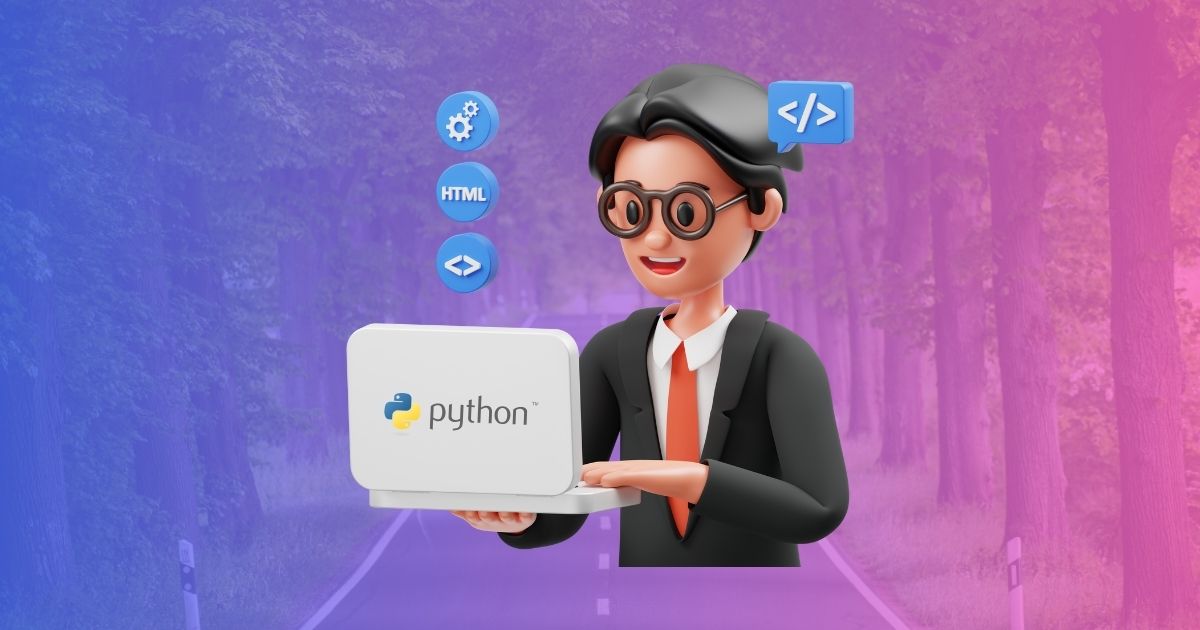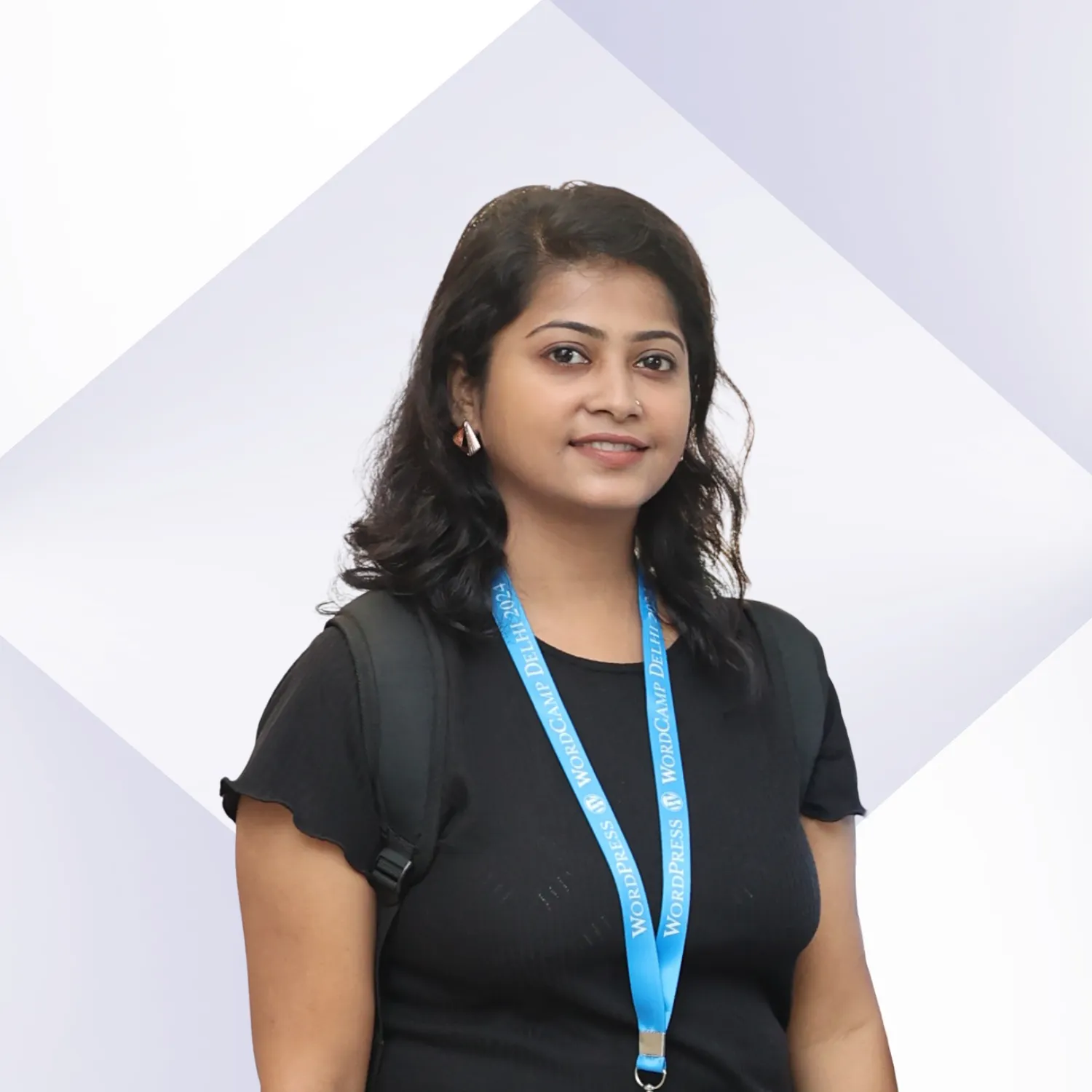A Detailed Roadmap to Become a Python Developer in 2025

 Puja Srivastava / June 29, 2025 / How To / Total: 933 Views
Puja Srivastava / June 29, 2025 / How To / Total: 933 ViewsAs predicted, Python is the programming language of the future in 2025 and will offer substantial career opportunities in web development, data science, machine learning, and just about everything else. This paper details a step-by-step roadmap on how one can become an expert Python developer right from learning basics such as variables and loops to advanced concepts like Django, AI, and automation systems. Such guides are, therefore, ideal for novices and generalists who wish to enhance varied portfolios with learning stages and resources as well as work toward getting job-ready in as little as 6 to 12 months.
Python has become one of the most popular and in-demand programming languages in recent years. With its easy syntax, vast libraries, and versatility to build desktop, web, and mobile applications, Python opens up various lucrative career opportunities for developers.
The Roadmap to Becoming a Python Developer in 2025
This article provides a comprehensive roadmap explaining the skills and concepts needed to become a proficient Python developer by 2024.
Getting Started with Python Basics (1.5-3 months)
For complete beginners, the first step is to learn Python basics like:
- Variables and data types like strings, integers, booleans, lists, dictionaries
- Operators, expressions, and statements
- Conditionals and control structures like if-else statements, for and while loops
- Functions to reuse code by defining inputs and outputs
- File handling for reading and writing files
- Basic data structures like lists, tuples, dictionaries
- Object-oriented programming concepts like classes, objects, inheritance
- Modules and packages to organize code into reusable files and folders
- Error and exception handling to make programs robust and secure
Beginners can grasp these concepts fully through online courses, books, interactive tutorials, and building small scripts and programs using loops, functions, and other basic building blocks of Python.
Moving to the Intermediate Level (3-6 months)
After getting comfortable with Python basics, intermediate programmers can level up their skills with:
- It has advanced data structures like stacks, queues, trees, graphs, heaps, etc. This improves data modeling capabilities for complex real-world problems.
- Functional programming techniques like map(), filter(), reduce(), recursion, lambda functions, etc.
- In-depth modules and packages along with building custom modules and packages
- Working with files and directories using Python instead of bash commands
- Web scraping concepts to extract data from websites using the Beautiful Soup library
- Accessing databases in Python using SQL libraries and performing CRUD operations
- Creating user-defined exceptions and handling errors gracefully
- Statistical analysis and data manipulation using NumPy and Pandas
- Creating charts, plots, and visualizations using Matplotlib and Seaborn
- Introduction to web development using Flask or Django
Completing 2-3 intermediate-level projects helps reinforce these skills for applied learning.
Transitioning to the Advanced Level (3-6 months)
At advanced levels, Python programmers can specialize in domains like:
- Full stack web development using Django, Flask, and modern frontend frameworks
- Building cross-platform desktop GUI apps with Tkinter, PyQt, etc.
- Data science and analysis using NumPy, Pandas, SciPy, StatsModels, Scikit-Learn
- Machine Learning model building using TensorFlow, PyTorch, Keras, etc.
- Web scraping at scale using Scrapy, BeautifulSoup, Selenium
- Software testing and QA engineering with pytest and Selenium
- System administration tasks like OS automation, network programming, etc.
Before applying for jobs, 3-5 strong projects in the chosen specialization are recommended.
Reaching the Expert Level
The expert level involves taking skills to the next level by:
- Contributing to open-source Python projects on GitHub
- Designing large-scale systems and production-grade code
- Becoming an authority in specific domains like data science, machine learning, web development, etc.
- Creating optimized algorithms and innovative models using advanced libraries
- Taking up specializations like Cloud/DevOps engineering, backend development, data engineering, etc.
- Knowing Python internals and writing performance-focused code
- Expertise in domain-specific applications like scientific computing, GIS systems, AI agents, etc.
The timelines mentioned serve as a broad guideline. Go at your own pace focusing on the depth of concepts and applying them via projects. With perseverance, this roadmap can guide aspiring developers to become job-ready Python programmers within 6-12 months.
